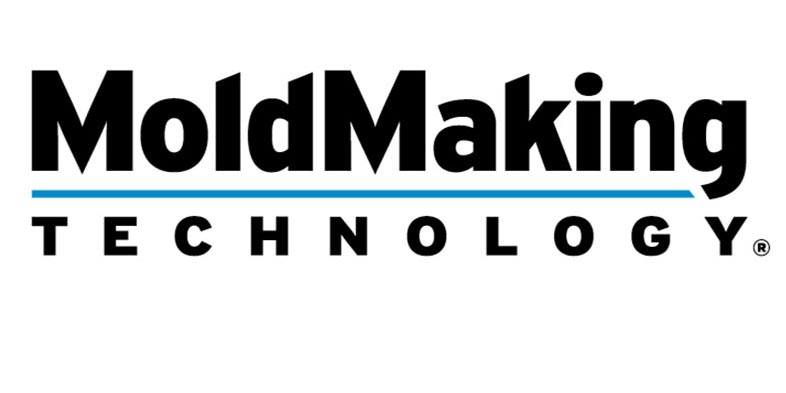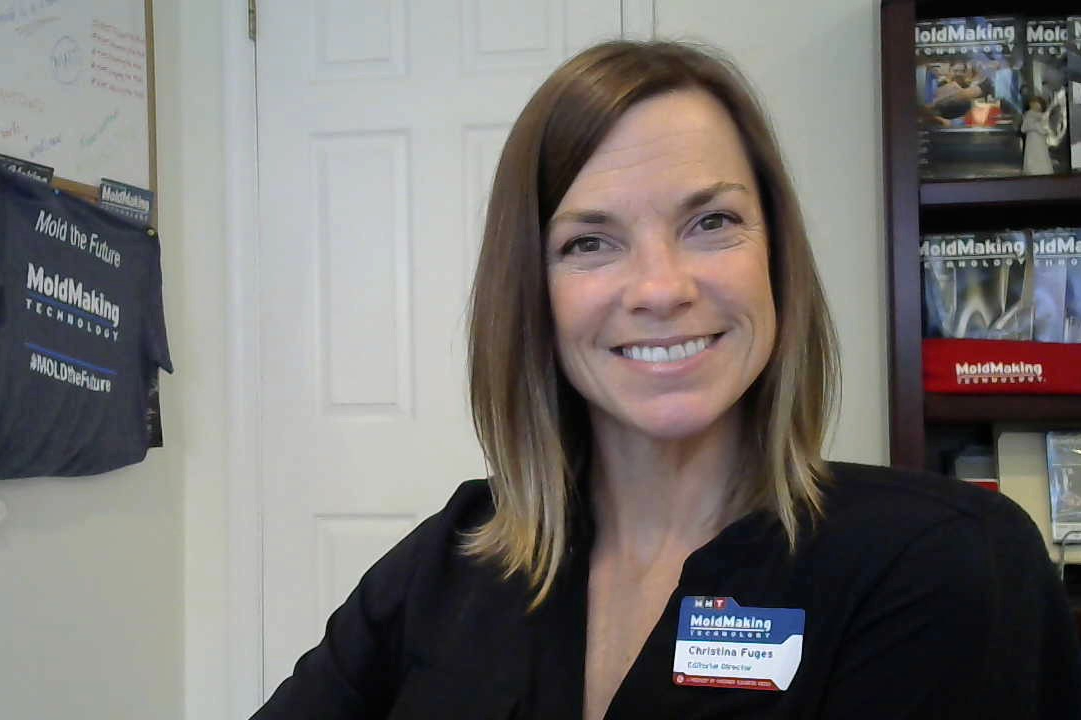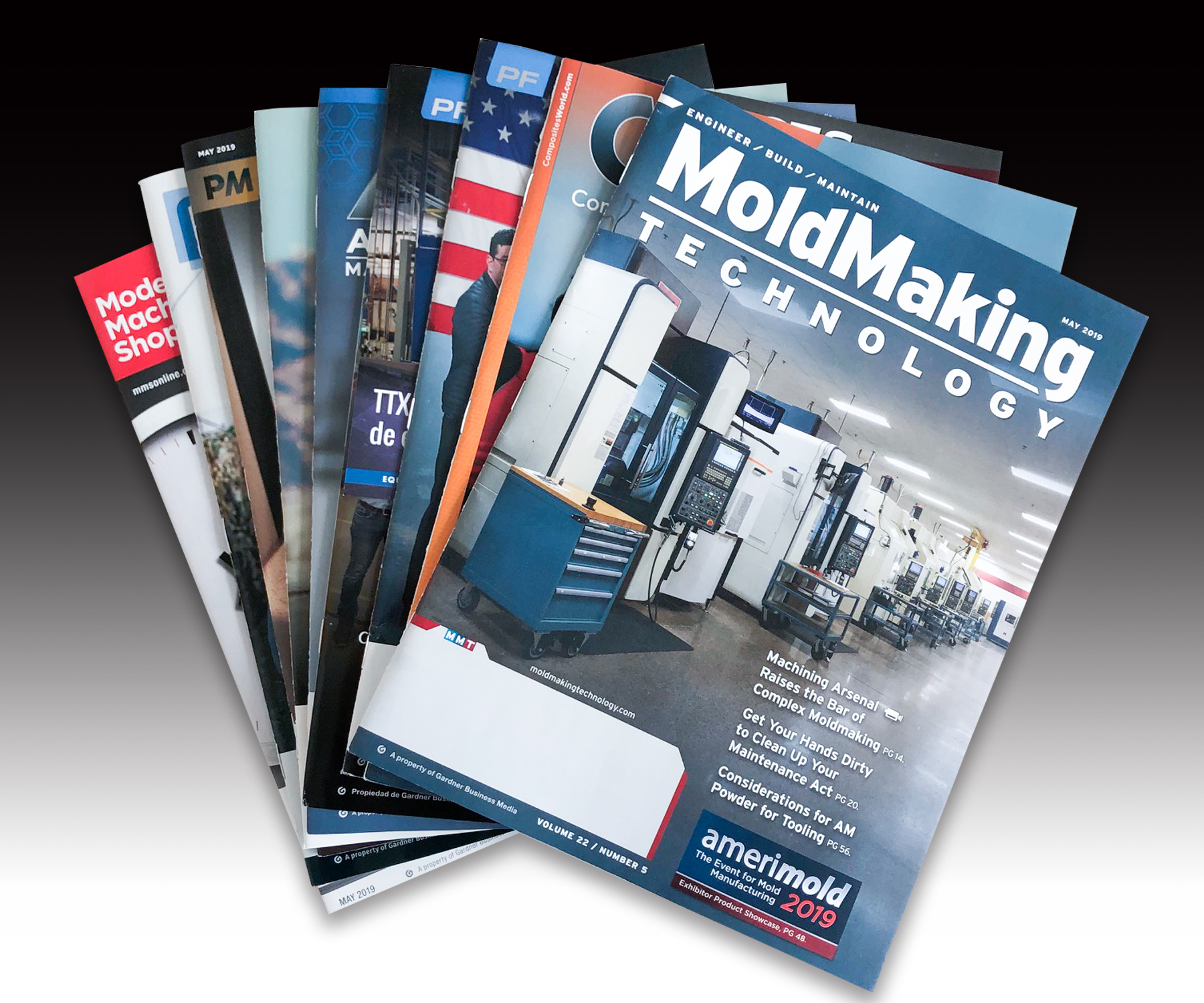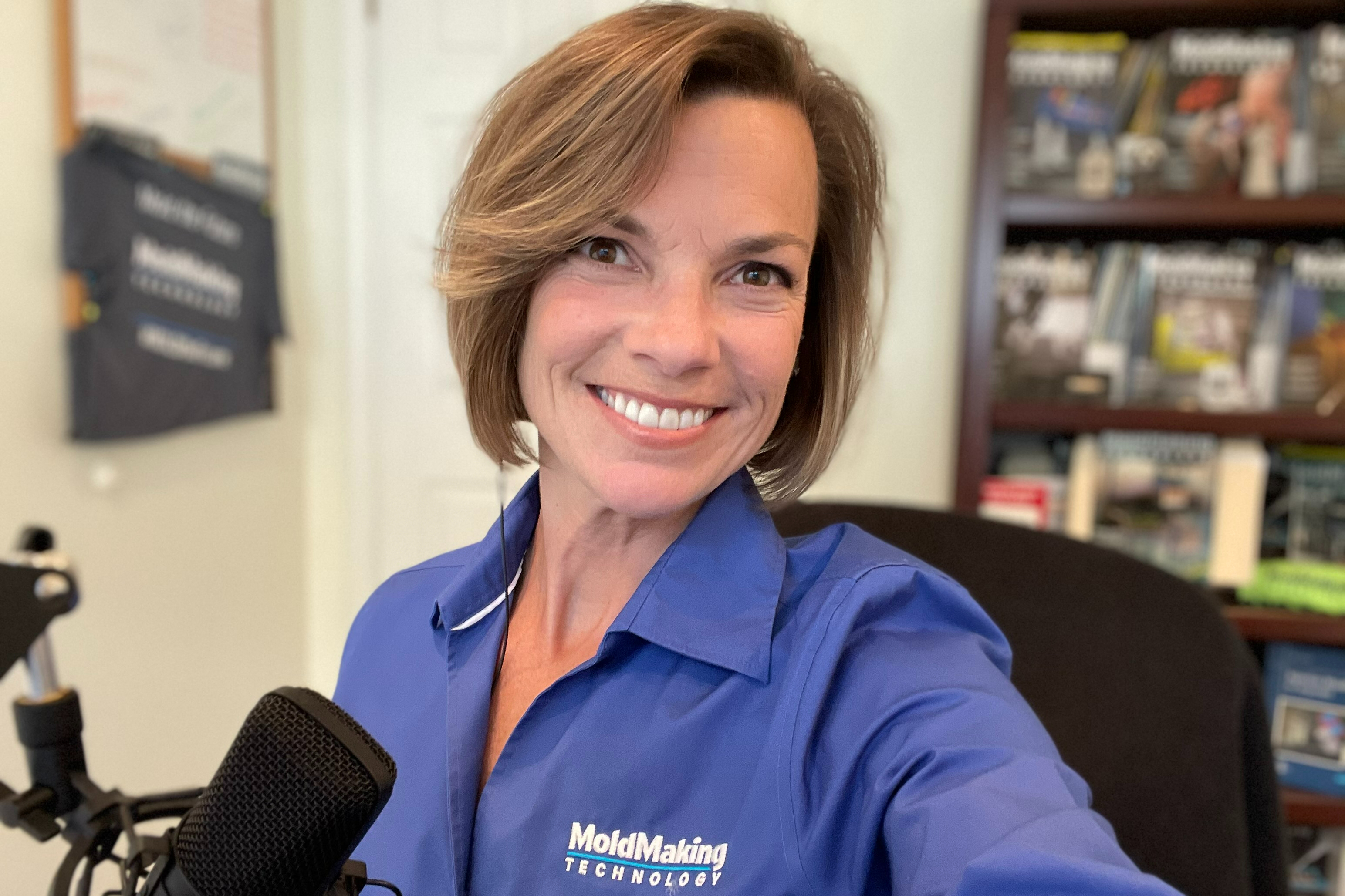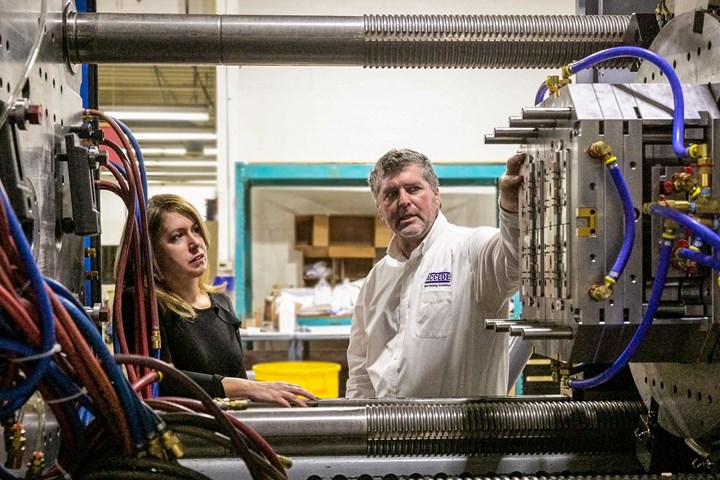
Current EAB member Camille Sackett shares how mentorship has been a pillar for career advancement. Photo Credit: Accede Mold and Tool
Although the U.S. labor force growth is projected to be slower with participation trending down, there is great news for those of us working in the moldmaking industry: We have more opportunity than ever to contribute and bring value to our organizations! How are you preparing yourself to seize and capitalize on these rewarding and fulfilling opportunities? I’d encourage you to take the initiative to seek out a mentor.
A mentor has wisdom and knowledge gained from experience. A mentor is willing to advise you to accelerate your learning curve, helping you to avoid pitfalls and decoys.
This is the process I’ve used to accelerate my own career in the moldmaking industry:
-
Self-reflect
- Identify the gaps in your own capabilities and check your mindset.
- Be open to adapting and learning, and don’t let pride or ego get in your way. Be coachable.
- Be curious and self-motivated.
- Be reliable, accountable and low maintenance.
- Large educational or technical gaps should be addressed by educating yourself. Seek out an apprenticeship program, workshops, user groups, training programs, college coursework, etc. as needed.
-
Stretch yourself
- Ask thoughtful questions and listen intently so that you can understand your organization’s challenges and pain points.
- Consider how you can you make yourself useful, making work light and sharing the load.
- Once you have an understanding of the organization’s challenges, take the initiative to prepare yourself to help alleviate those pain points. Let these learnings inform your selection of a mentor.
-
Engage a mentor
- Do not limit yourself to just one mentor if you have multiple areas to grow in.
- Do not limit yourself to looking for a mentor within your organization. Be innovative in your approach. Some ideas of where to find a mentor include:
- Once you’ve identified a mentor you’d like to work with, “apply” to be their mentee. Be bold, and brave when making your appeal, explaining why you’re reaching out and what you’re hoping to learn.
- Be specific, reasonable and respectful of your mentor’s time. Determine a cadence for meetings or calls then show up prepared.
- In subsequent meetings explain how you’ve applied the advice your mentor provided so that your mentor has the satisfaction of knowing that the wisdom they are sharing with you is not wasted.
RELATED CONTENT
-
Copper Beryllium Vs. Beryllium-Free Copper
Learning the advantages and disadvantages of each alloy coupled with adhering to safety measures can help your shop stay safe.
-
Best Practices for Preventing Hot Runner Leaks
A hot runner maintenance program with purchasing, processing and preventive maintenance training will reduce the risk of leaks.
-
Training Redefined: A Three-Pronged Approach to Solving the Skilled Labor Shortage
A mold builder uses a solid onboarding program, personality profiles and learning styles to quickly and effectively grow its own skilled workforce.


